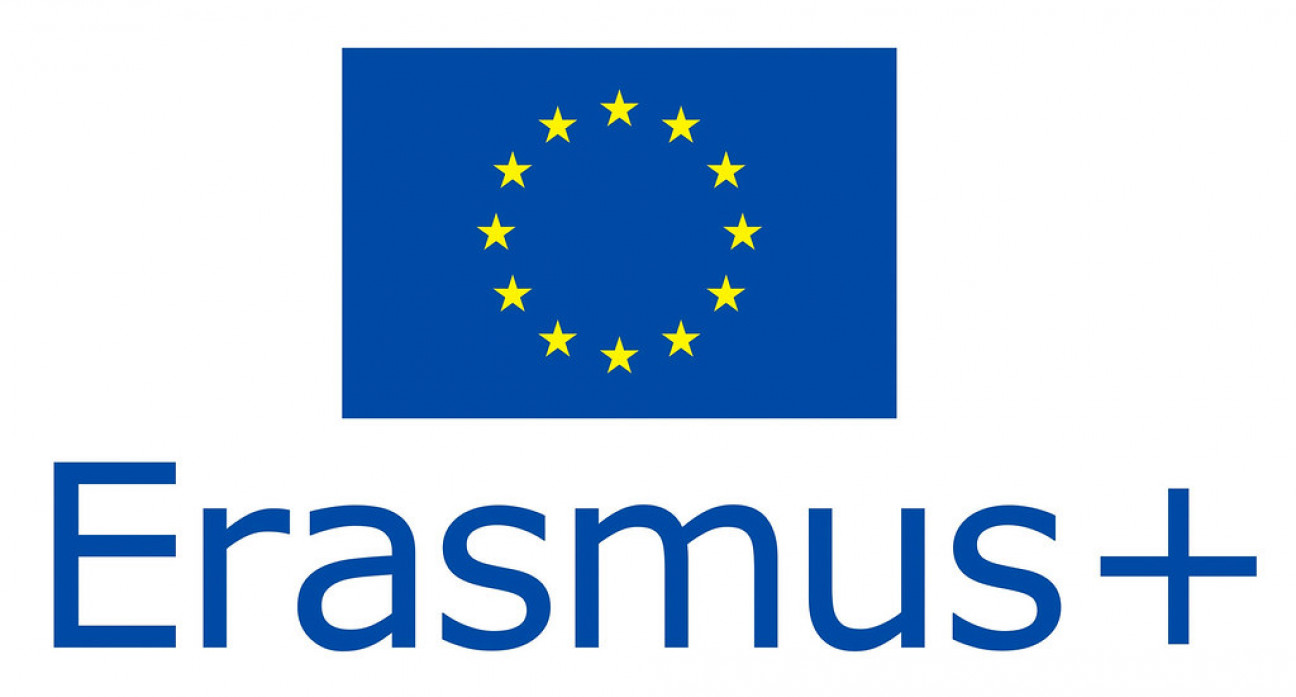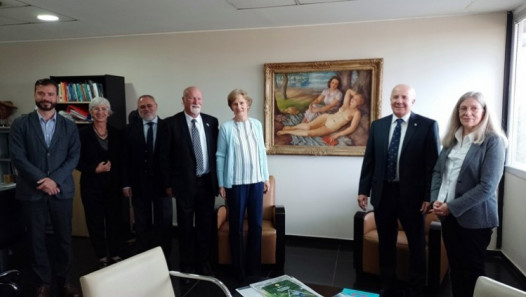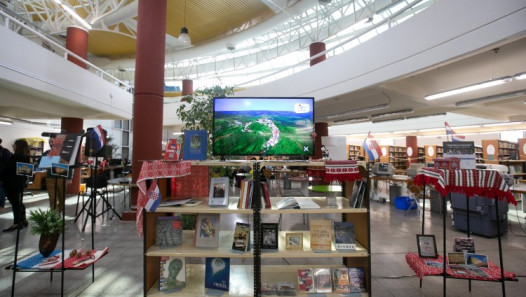Erasmus+ is about a program generated by the European Union destined to the support of education and professional training of students, graduates and college professors. Its budget of 14700 million of euros gives more than 4 million of Europeans and citizens from all over the world the opportunity to study, train, and acquire experience abroad. Even though the program aims the mobility inside Europe, it also funds research and training with international reach, and allows universities from the rest of the world to join and benefit from the granted funds.
Every year, calls are open for the presentation of projects centered on the shafts of international cooperation in the sphere of mobility, interuniversity cooperation and support to the reforms of the educational policies. Every call receives a wide quantity of projects which belong to institutions of higher education, with approximately an 8 % of success rate of the totality.
The Area of International Cooperation of the SIIP is responsible for the management of such projects, and obtaining the support of European educational institutions so as to fulfil the applications, since the structure of nets of international universities, constitutes a requirement to participate. From the second semester of 2019, the staff worked to submit the different documents that form an application dossier and have to be presented in a foreign language (English) and count with several academic endorsement letters.
UNCuyo in the international map
A sustained policy of international relations, built over the last years by the UNCuyo, has allowed to build an international prestige, propelled and supported by the quality of its researchers and the professional and technical capacity of its graduates. The strengthening of bonds established through teachers’ mobility (propelled and funded by the SIIP) has also allowed to establish the necessary bonds to encourage several invitations from Europe.
Participating in a ERASMUS+ project not only means to set the UNCuyo in a place of prestige inside the global academic panorama, but also gives the possibility to fund programs of institutional and academic strengthening with external budgetary resources, which have been assigned when obtaining its approval.
For example, each project of strengthening of capacities can mean 50 thousand euros for teachers and staff members to fulfil training stays abroad so as to contribute in the internationalization of our university.
Each project of institutional strengthening generates concrete results. The first records that the UNCuyo has had in ERASMUS projects are great examples. VitaGlobal, where the Faculty of Agricultural Sciences will offer internationalized courses after the training in concrete topics like sustainability; or the DHIP project, where members of the different faculties had the opportunity to train in topics related to the internationalization of higher education and university integration.
There are three types of projects funded by ERASMUS+: International research (KA1); institutional and academic strengthening (KA2) and; learning European experiences in the public management. Within the 12 applications, 3 respond to international research and 9 to institutional strengthening.
The applications sent for the 2020 call include a wide variety of topics which deal with internationalization, 4.0 industries, viticulture, smart universities and cities.
The applications were submitted at the beginning of February, and the results will be published in August. In the event of being selected, the UNCuyo shall start an extensive administrative process so as to develop the beginning of the projects in January of 2021. Depending on its category, the projects will last from 1 to 3 years.


